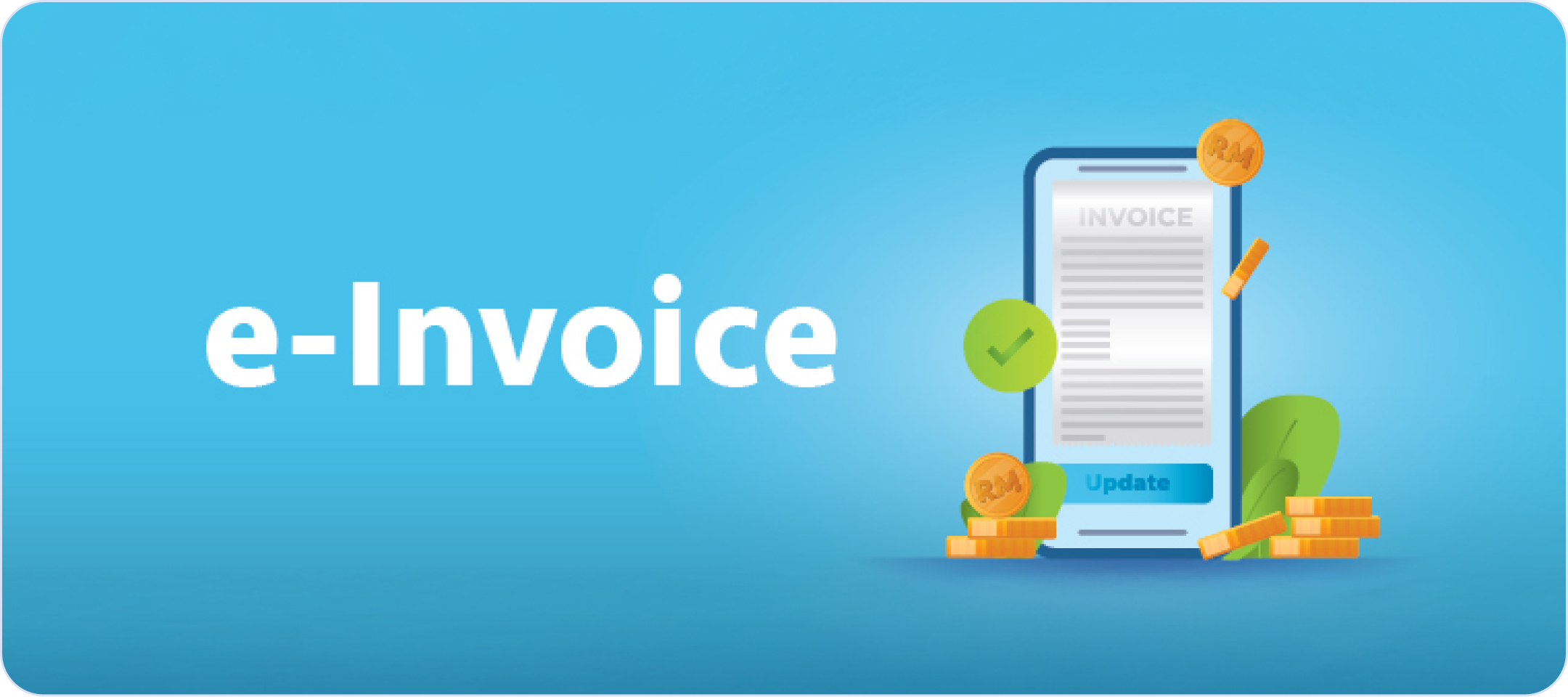UAE E-Invoicing: A New Chapter in Digital Tax Compliance

The UAE Ministry of Finance announced Ministerial Decisions No. 243 and 244 of 2025, laying the foundation for a transformative electronic invoicing (e-invoicing) framework. This landmark shift, set to roll out over several phases, heralds a new era of tax digitalization and compliance for businesses and government entities across the Emirates. Implementation Timeline: How and When Does E-Invoicing Apply? The UAE’s e-invoicing system will be introduced in carefully managed stages. This phased approach gives organizations time to prepare, update systems, and adapt operations systematically: Phase Entity Type ASP Appointment Deadline Mandatory Implementation Pilot Selected businesses/ Voluntary — 1 July 2026 Phase 1 Businesses with annual revenue ≥ AED 50M 31 July 2026 1 January 2027 Phase 2 Businesses with annual revenue < AED 50M 31 March 2027 1 July 2027 Phase 3 Government entities 31 March 2027 1 October 2027 From July 1, 2026, any business in the UAE can voluntarily adopt e-invoicing, provided they comply with the same technical requirements as those under the mandate. Scope and Exemptions: What’s Covered—and What’s Not? In Scope: Currently Excluded: By focusing first on B2B and B2G, the UAE is creating a robust digital tax infrastructure that may expand to other transaction classes in the years ahead. Key Requirements: What Do Businesses Need to Do? Six Steps to Successful E-Invoicing Compliance Early Movers Reap the Rewards Adopting e-invoicing early isn’t just about meeting deadlines; it’s about future-proofing business. Proactive organizations get smoother onboarding, less risk of regulatory penalties, and significant operational benefits: How AMA Global Audit Tax Advisory Supports Your Compliance Journey At AMA Global Audit Tax Advisory, our integrated advisory and tax tech experts deliver: The new UAE e-invoicing legislation establishes a powerful digital compliance structure designed to benefit all. Early preparation, backed by expert advisory, will help businesses minimize disruption, optimize system transitions, and seize the many advantages of digital tax transformation. Monish MohanMonish Mohan is a versatile and accomplished Auditor, VAT Consultant, Finance and Accounts Professional offering over 18 years of experience in UAE VAT, Audit & Assurance, Finance management Advisory & Accounting & bookkeeping. amaaudit.com/
